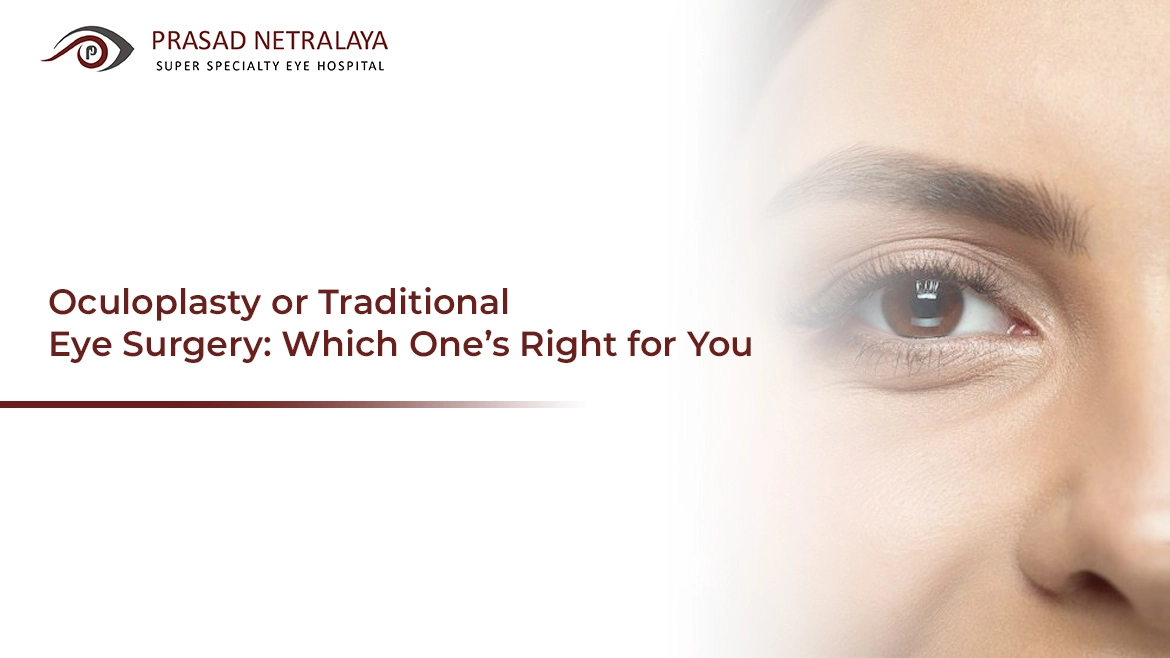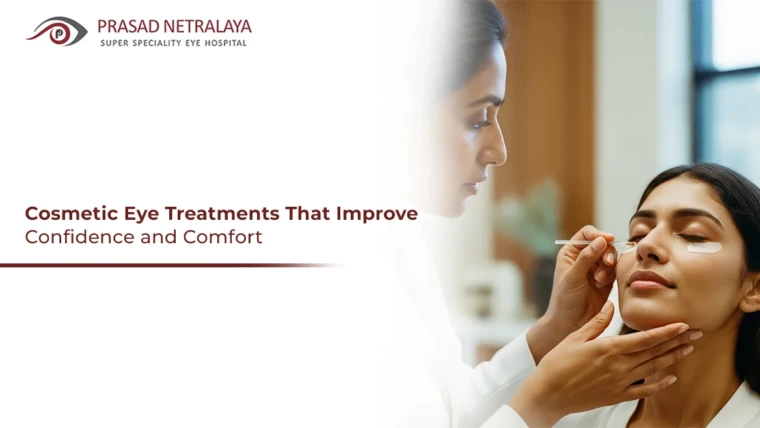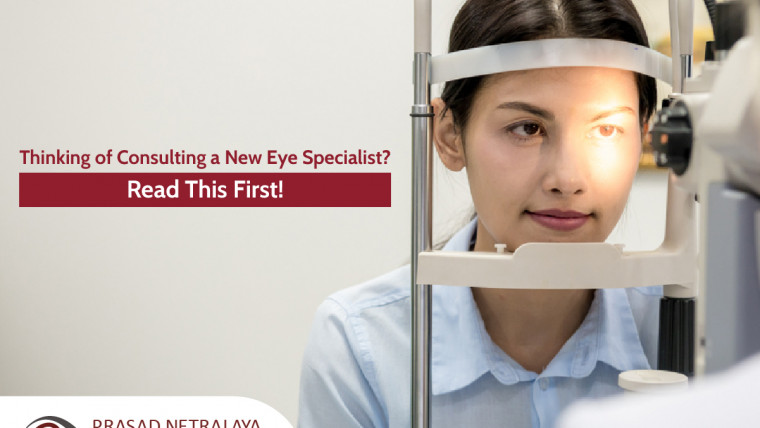Both of these oculoplasty and traditional eye surgery are designed to improve the function and appearance of the eyes, but they’re quite different in their approach and the results they offer.
Whether you’re struggling with vision problems or looking to enhance the appearance of your eyes, knowing the difference between the two will help you make an informed decision.
This blog explains the differences between oculoplasty and traditional eye surgery and helps you decide which is right for you.
Let’s begin.
Table of Contents
The Difference Between Oculoplasty and Traditional Eye Surgery
Let’s take a closer look at the differences between eye oculoplasty and traditional surgery before we decide if one is better than the other.
What Is Oculoplasty?
Oculoplasty is a surgical subspecialty that focuses on reconstructing and enhancing the structures around the eyes.
It can be a cosmetic, corrective, or transformative surgery of the area around the eyes, including the eyelids, eyebrows, tear ducts, and orbit (the bony cavity that holds the eye).
Oculoplastic surgeons are ophthalmologists who have undergone additional training in plastic and reconstructive surgery.
Benefits of Oculoplasty
Here are a few benefits of eye oculoplasty:
- Improved aesthetics: Oculoplastic surgeries such as eyelid surgery or brow lift surgery can create a more youthful and refreshed appearance.
- Enhanced function: Oculoplastic procedures such as tear duct surgery (blocked tear drainage) or orbital surgery (reconstruction of the bony cavity) are intended to improve the functioning of the eye.
- Minimal scarring: Many oculoplastic procedures are minimally invasive and result in very little scarring.
- Short recovery time: Oculoplastic procedures have a relatively short recovery time, allowing patients to return to their normal activities almost immediately.
Risks and Complications
The following are the complications involved with oculoplasty:
- Bleeding and bruising
- Risk of infection
- Visible scarring
- Vision changes
- Eyelid malposition
What Is Traditional Eye Surgery?
Traditional eye surgery refers to surgical procedures that aim to correct vision problems or repair damaged or diseased eye tissues.
These procedures may include cataract surgery, glaucoma surgery, corneal transplant, or retinal detachment surgery that may address serious eye problems.
These surgeries are performed by trained ophthalmologists with a great deal of experience in handling delicate eye procedures.
Benefits
Here are a few benefits of traditional eye surgeries:
- Improved vision: Traditional eye surgery can correct vision problems, such as cataracts, glaucoma, and retinal detachment, improving the patient’s visual acuity.
- Pain relief: Traditional eye surgery can also relieve pain caused by certain severe eye conditions, such as glaucoma.
- Increased safety: With advancements in technology and techniques, traditional eye surgeries are considered a safe and effective way to treat acute eye conditions.
- Long-lasting results: Traditional eye surgeries often provide long-lasting results, reducing the need for ongoing treatment or medication.
Risks and Complications
The following are some risks and complications associated with traditional eye surgery:
- Retinal tears
- Lens dislocation
- Inflammation or infection
- Retinal detachment
- Droopy eyelids
- Vision loss
Choosing Between Oculoplasty and Traditional Eye Surgery
It’s safe to say that both oculoplasty and traditional eye surgery are equally beneficial and risky. The choice between the two depends on the specific problem you’re addressing and its severity.
Acute eye problems such as glaucoma, orbital cellulitis, corneal damage, or any condition that affects the inside of the eye and impairs vision are best treated with traditional eye surgery.
Whereas, if the purpose is to improve eye structure and appearance through corrective surgery such as brow lift, eyelid lift, tear duct surgery, etc., then oculoplasty may be the best choice.
In either case, only an ophthalmologist is in the right place to guide you best. They can evaluate your condition, discuss your options, and recommend the best course of treatment based on your individual needs.
For Oculoplasty or Other Eye Surgeries, Visit Prasad Nethralaya
Visiting an ophthalmologist is mandatory if you want to understand more about what you can expect from both these procedures.
If you’re looking for a professional consultation, head to Prasad Nethralaya.
Our state-of-the-art facility has experienced doctors, an expert team, and the latest technology to provide 360-degree eye care to all patients.
For more information or to schedule an appointment today, visit our website.
Dr. Vikram Jain, M.S. had his medical training (MBBS) from Kasturba Medical College, Mangalore, India. He did his master’s in Ophthalmic surgery from Kasturba Medical College, Manipal. He currently manages the Glaucoma department of Prasad Netralaya hospital.



